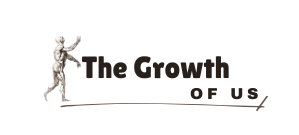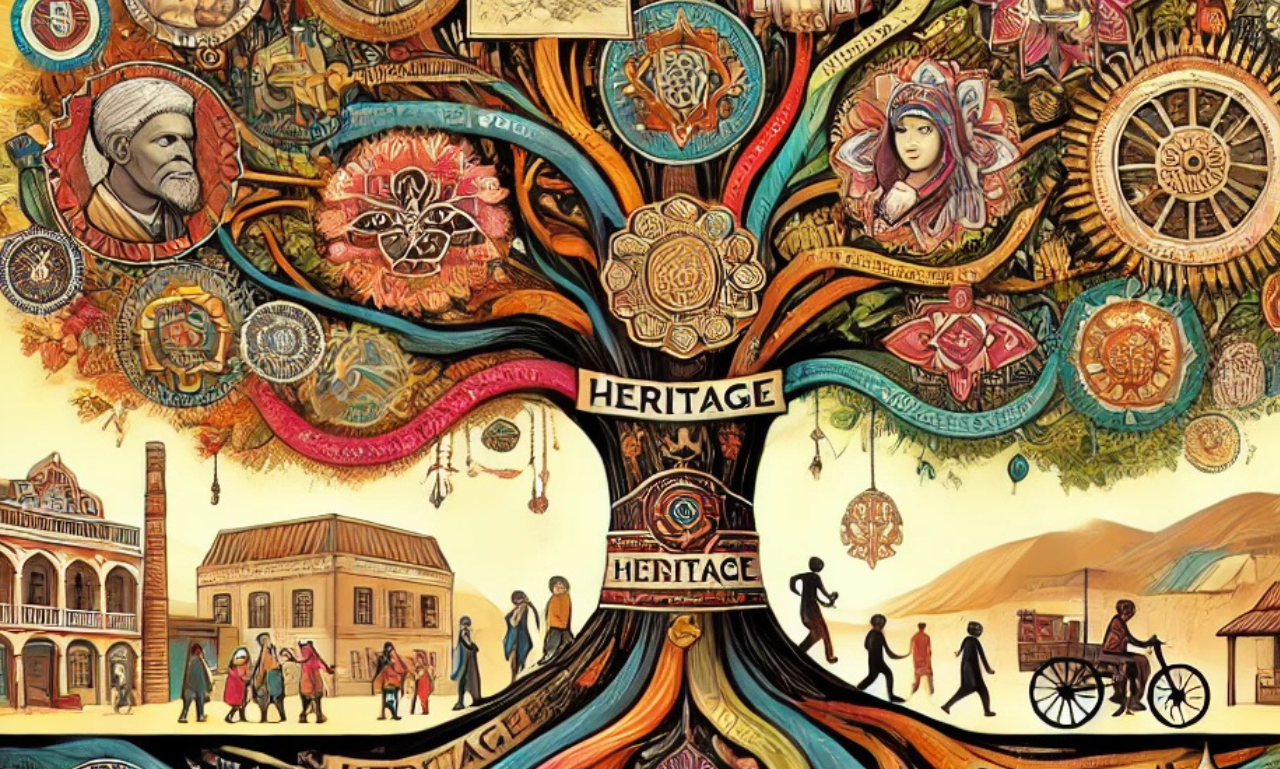When you hear the word “history,” your mind might wander to epic battles, legendary empires, and world-changing events. But did you know history is also a deeply personal story? It’s not just about kings and conquests; it’s about the lives of individuals and families who shaped the world—including your own. Let’s take a light-hearted journey into how heritage weaves through your life and connects you to the broader human experience.
1. History Is More Personal Than You Think
History isn’t just the story of nations; it’s the story of people, and that includes you! Your family’s past is a treasure trove of traditions, values, and patterns that influence your life today. Have you ever wondered why certain family rituals hold such meaning or why you gravitate toward specific habits? These connections to history can help you understand more about who you are.
Think about it: history helps you uncover your roots. It’s like finding the invisible strings that tie you to ancestors who lived centuries ago. Their decisions, experiences, and values have likely shaped the life you’re living now. Whether it’s a family recipe passed down through generations or a tradition celebrated every year, these are pieces of history alive in your everyday life.
A Deeper Connection to Your Ancestors
Understanding history is like piecing together a puzzle of your own identity. Maybe your grandparents told stories about their struggles or victories. These stories are more than entertaining tales; they’re keys to understanding the traditions and behaviors that have been passed down. History offers a way to see yourself in the larger timeline of human experience.

2. How History Shapes Personal Identity
The quest to understand yourself is timeless. People throughout history have asked the same questions: Who am I? Where do I belong? From the Renaissance’s focus on individualism to the Industrial Revolution’s reshaping of roles, historical eras have influenced how we define ourselves.
You’re Part of a Larger Narrative
Your identity isn’t just about personal experiences; it’s shaped by the historical periods your family lived through. For instance, if your ancestors lived during the Industrial Revolution, they might have adapted to new societal roles, like working in factories. These shifts impacted their lives and values, trickling down through generations to influence how you think and act today.
In the postmodern era, there’s more emphasis on personal narratives. This means you have the freedom to blend past influences with modern ideas, creating an identity that feels uniquely yours. Understanding these historical contexts helps you make sense of your own journey.
3. Life’s Stages Mirror History’s Rhythms
History isn’t just about what’s happened; it’s also about the cycles of life. Civilizations experience birth, growth, decline, and rebirth—just like individuals. From childhood to adulthood, your life stages mirror these historical patterns.
Parallels Between Life and History
Think back to your childhood: a time of curiosity and discovery, much like the birth of a new civilization. Adolescence? That’s your rebellious growth phase, filled with challenges and change, similar to a nation’s expansion. Adulthood brings responsibility and reflection, much like a civilization’s maturity. Finally, there’s a sense of renewal when you rediscover family traditions or explore new interests later in life.
Family narratives also play a big role here. The stories passed down—whether through spoken tales or family heirlooms—help you see how your own milestones align with broader historical trends. These connections give you profound insights into your life’s journey.

4. A Multigenerational Dance with History
To truly see how history interacts with personal lives, consider the story of a Vietnamese family’s journey. After fleeing political unrest in the late 1970s, the first generation arrived in the U.S. with little more than their traditions. They faced immense challenges, like learning a new language and adapting to a foreign culture, but they held tightly to their Vietnamese heritage.
The second generation grew up balancing two worlds: honoring Vietnamese customs at home while navigating American culture outside. This balancing act created a unique, blended identity. By the third generation, the family had become more Americanized but started showing renewed interest in their roots. With global connectivity making multiculturalism more accessible, younger family members began exploring their Vietnamese heritage with pride.
This journey illustrates how personal and collective histories intertwine, shaping identities across generations. It’s a testament to how traditions evolve while staying rooted in historical experiences.
5. The Influence of Cultural Heritage
Your culture—its food, festivals, and values—is a significant part of your identity. These cultural elements carry historical significance, linking you to the experiences of your ancestors. Have you ever wondered why certain dishes comfort you or why some celebrations feel extra special? They’re reminders of the history that’s shaped you.

A Dynamic Blend of Old and New
Cultures evolve over time as they interact with others, creating a dynamic blend of traditions. For example, you might celebrate a festival your ancestors did but add your own modern twist. This blend keeps traditions alive while making them relevant to your life today.
Understanding your cultural heritage deepens your appreciation for the traditions you’ve inherited. It also helps you see how larger historical events, like migrations or technological advancements, have shaped these customs.
6. Explore Your Heritage
You can discover so much about yourself by diving into your personal history. Here are a couple of fun activities to try:
- Draw a Heritage Tree: Sketch a tree with roots representing your family origins and branches showing generations. Add personal traits or stories to each leaf, and note their historical or cultural significance.
- Analyze Your Traits: Make a list of your habits or values and research their possible historical roots. For example, your strong sense of community might stem from ancestors who lived in close-knit villages.
These activities are a great way to connect personal experiences with broader historical trends. You might be surprised at what you learn about yourself!

7. Evolving Societal Roles Through Heritage
Societal roles have always been shaped by history. Ancient civilizations often defined roles based on gender, class, or caste. Over time, revolutions, wars, and technological advancements challenged these norms and created new possibilities.
Breaking Barriers
The world wars of the 20th century provide a powerful example. Women stepped into roles traditionally reserved for men, proving their capabilities and challenging stereotypes. These changes paved the way for modern views on gender roles and inclusivity.
Today, understanding the historical context of societal roles helps us question outdated stereotypes and embrace more inclusive perspectives. It’s a reminder that progress is built on the foundation of history.
Wrapping Up
History isn’t just about the past; it’s a mirror reflecting who you are today. By exploring your personal and cultural history, you gain a deeper understanding of yourself and the world around you. From family traditions to societal roles, every aspect of your life has roots in history. So why not dive in and uncover the stories that make you, you? Who knows what fascinating connections you’ll find!


